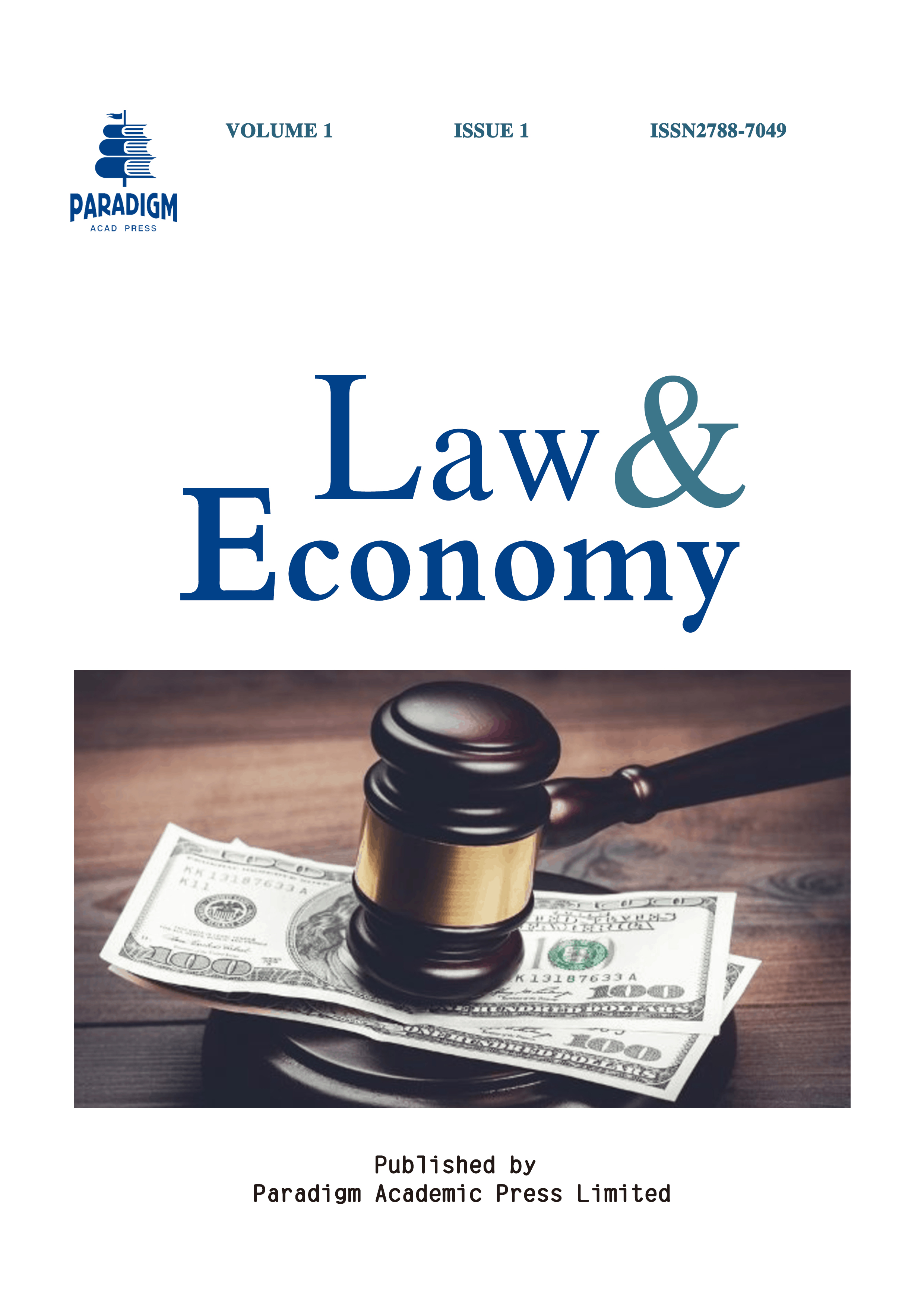The Impact of East African Community Tariff Policies on Tanzanian Export Growth in Key Sectors
Keywords:
EAC, Tanzania, tariff policies, export growth, CET, non-tariff barriers, regional integrationAbstract
This paper examines the impact of East African Community (EAC) tariff policies on Tanzania’s export growth across key sectors, including agriculture, manufacturing, and mining. By analyzing the Common External Tariff (CET) structure, duty exemptions, and the reduction of non-tariff barriers (NTBs), the study explores how these policies foster regional economic integration and support Tanzania’s export competitiveness. The EAC’s tariff-free trade for member states and structured CET rates are designed to protect and stimulate local industries, providing Tanzanian businesses with access to a larger regional market. In agriculture, duty exemptions on inputs reduce production costs, enhancing export quality and competitiveness. Manufacturing benefits from CET’s protective measures on finished goods, while the mining sector gains from reduced costs associated with regional tariff concessions on machinery. However, challenges persist, such as inconsistent policy implementation, remaining NTBs, and competitive disadvantages in international markets due to external preferential trade agreements. This study concludes that while EAC policies have significantly bolstered Tanzania’s export sectors, addressing these limitations is crucial for sustained growth. Recommendations include harmonizing policies, further reducing NTBs, and exploring flexible tariff strategies to enhance Tanzania’s position within regional and global markets.


